Every year, countries lose hundreds of billions of dollars due to profit shifting and transfer pricing by multinational companies. Accusations against large corporations such as Apple, Google, Amazon... have been difficult due to 'insufficient evidence' and have even been dropped.
High-profile transfer pricing allegations
In 2016, the European Commission (EC) accused the US-based Apple of receiving illegal tax incentives and forced the corporation to pay $14.5 billion in tax avoidance along with interest as required by law. Accordingly, Apple was accused of shifting most of its profits from its European operations to Ireland, where corporate tax rates are very low. Apple used special tax agreements with the Irish government to minimize the amount of tax it had to pay.
Transfer pricing is a prominent issue in the field of foreign direct investment (FDI). This is the behavior in which multinational corporations (MNCs) adjust internal transaction prices between subsidiaries in different countries to optimize profits and reduce tax obligations.
The transfer pricing investigation into Apple has rocked Europe for years. Other major corporations such as Google, Amazon, Facebook, Nike, McDonald's, Microsoft, Ikea... have also been targeted for transfer pricing activities and accused of shifting profits to "tax havens" to minimize tax rates.
In 2018-2019, it was the turn of the technology giant Google to be investigated multiple times and accused of evading $3.7 billion in taxes. Google was strongly opposed by Europe when the amount of tax it had to pay was too small compared to the profits it earned from this market.
Amazon, owned by US billionaire Jeff Bezos, was investigated by the European Commission in 2017 for tax violations and accused of shifting most of its profits from its European operations to Luxembourg through special tax arrangements, which allowed nearly three-quarters of its profits to be tax-free. The EC ordered the tech company to pay back 250 million euros (more than $300 million) in taxes.
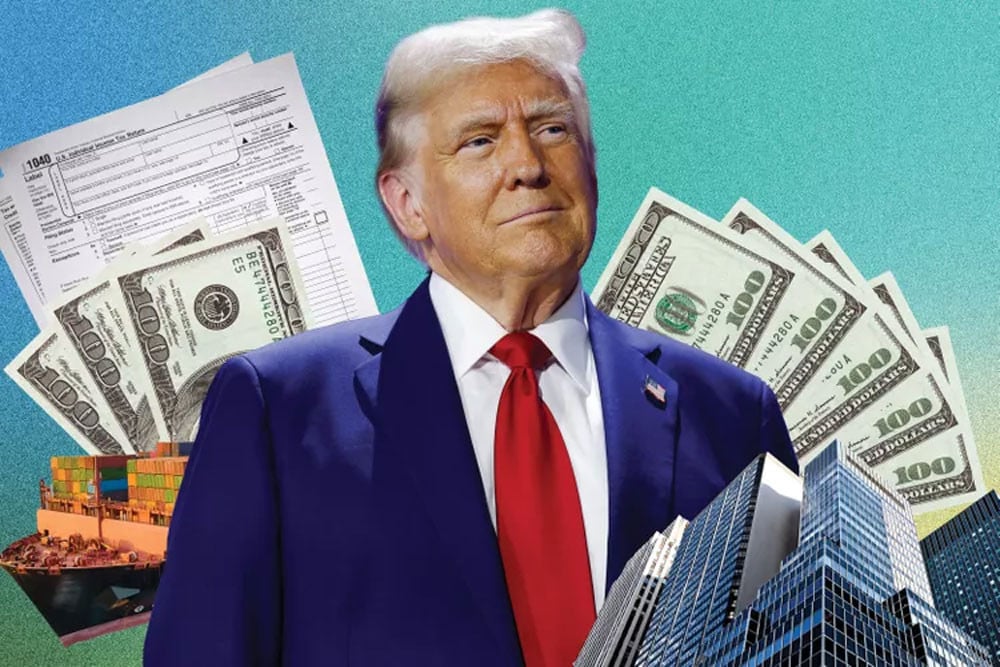
Previously, the American beverage giant Starbucks was also accused of making very low profits in the UK by paying high brand royalties and raw material costs to its subsidiary in the Netherlands. This caused profits in the UK to decrease despite high revenue.
Or in 2014, the American technology corporation Microsoft was investigated and found to have transferred profits from major markets to a special US territory, Puerto Rico, which has preferential tax policies. Microsoft uses the model of selling intellectual property rights to reduce taxes payable.
Facebook, Ikea, Nike, McDonald's... are also accused of transfer pricing, tax evasion, and profit maximization.
Some initial results and experiences in combating transfer pricing
Transfer pricing has been a common phenomenon in the world for decades, especially in multinational corporations. However, handling it is not easy. Most cases are stalled or inconclusive, with the most effective cases being those where the corporation is headquartered in the country of investigation and tax collection.
For example, in 2017, Apple was accused of having to pay 14.3 billion USD, but the corporation later appealed. In 2020, the EU Court declared that Apple did not have to pay this tax. This was also the time when Mr. Donald Trump was the first president of the United States. The power of the United States can make other countries wary.
In the 2021 Amazon case, the European Court of Justice found that the EC had failed to prove that Luxembourg had given Amazon an illegal tax advantage. The EC then appealed, but the case has not yet been resolved.
Nike was investigated by the EU for transfer pricing in 2019 for using a Dutch subsidiary to hold intellectual property rights, which then required global subsidiaries to pay very high royalties to use the brand, reducing taxable profits. The EU investigated and asked the Netherlands to adjust its tax policy towards Nike, but no final decision has been made.
In some cases, the results of the fines are not as expected. In 2019, Google only had to pay 500 million euros in fines in France.
In 2015, Starbucks was ordered by the EC to pay 30 million euros in back taxes to the Netherlands. However, in 2019, the European Court of Justice overturned the decision, saying that the EC had failed to prove a violation.
As for Microsoft, the corporation is required to pay $28.9 billion in taxes to the US Internal Revenue Service (IRS) in 2023. This is an amount that is said to have been unpaid from 2004-2013. Microsoft disagreed with the IRS's request and then continued to appeal.
According to the Organization for Economic Cooperation and Development (OECD), many countries lose hundreds of billions of dollars each year as multinational companies shift profits to lower-tax jurisdictions. Financial centers such as Ireland, Switzerland, Luxembourg and the Cayman Islands have become favored destinations for corporations.
Faced with challenges from transfer pricing, many countries and international organizations have introduced stricter control measures. The OECD initiated the Base Erosion and Profit Shifting (BEPS) Program with many recommendations to limit transfer pricing. Countries have stepped up restrictions on the use of tax havens; stricter regulations on transfer prices; requirements for proof that internal transactions between affiliated companies must comply with the "arm's length" principle; enhanced international cooperation to detect unusual transactions; applied a global minimum tax regime...
In the US, Washington has implemented the Transfer Pricing Abuse Act, requiring companies to demonstrate that their insider trading is legitimate. The Trump administration has slashed the corporate income tax rate from 35% to 21% to encourage companies to keep profits in the US instead of shifting them overseas.
In the UK, the country applies a Diverted Profits Tax, which imposes a high tax on profits transferred abroad. In India, the New Delhi government has a strict transfer pricing inspection mechanism, requiring corporations to provide detailed reports on related-party transactions.
However, that is only in theory. Even the US and some developed countries have difficulty dealing with this issue. In addition to reciprocal relationships, countries often try to attract FDI to promote growth and create jobs.
During his second term, US President Donald Trump issued a series of executive orders, notably reducing taxes for businesses operating in the US and imposing tariffs on imported goods. Mr. Trump’s priority is to attract capital flows into the US. In the context of countries competing to attract FDI, it is difficult to use strong measures to increase transfer pricing.
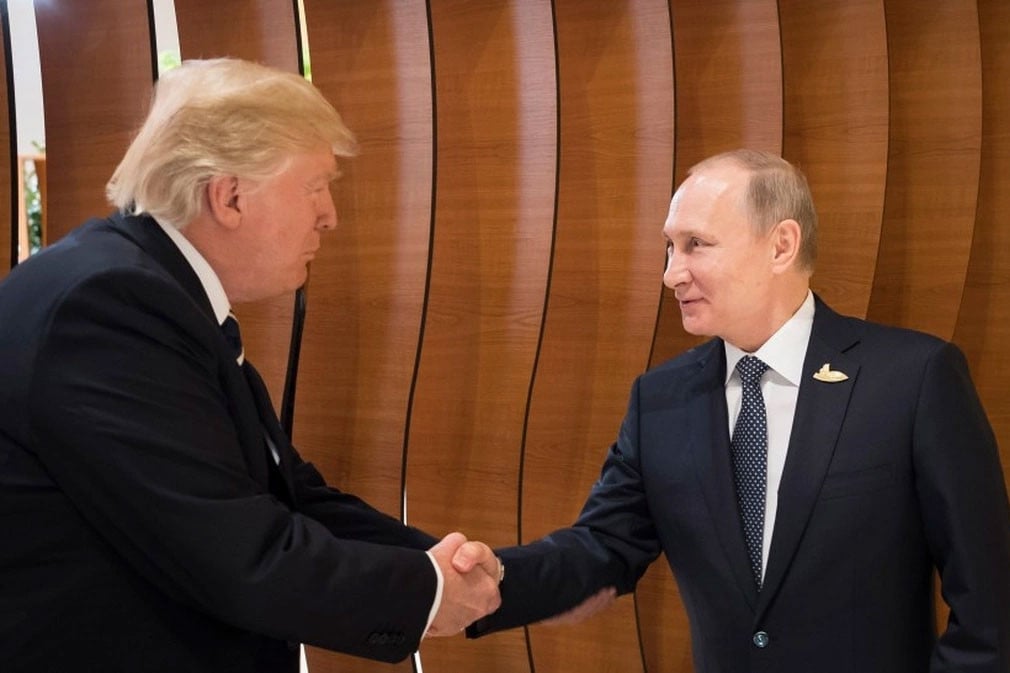
Source: https://vietnamnet.vn/lach-thue-tinh-vi-hang-tram-ty-usd-cac-nuoc-bat-luc-ong-trump-tung-ke-2373453.html


![[Photo] A brief moment of rest for the rescue force of the Vietnam People's Army](https://vstatic.vietnam.vn/vietnam/resource/IMAGE/2025/4/3/a2c91fa05dc04293a4b64cfd27ed4dbe)
![[Photo] Moment of love: Myanmar people are moved to thank Vietnamese soldiers](https://vstatic.vietnam.vn/vietnam/resource/IMAGE/2025/4/3/9b2e07196eb14aa5aacb1bc9e067ae6f)

![[Photo] General Secretary To Lam receives Japanese Ambassador to Vietnam Ito Naoki](https://vstatic.vietnam.vn/vietnam/resource/IMAGE/2025/4/3/3a5d233bc09d4928ac9bfed97674be98)
![[Photo] Special relics at the Vietnam Military History Museum associated with the heroic April 30th](https://vstatic.vietnam.vn/vietnam/resource/IMAGE/2025/4/3/a49d65b17b804e398de42bc2caba8368)
![[Photo] Prime Minister Pham Minh Chinh chairs meeting after US announces reciprocal tariffs](https://vstatic.vietnam.vn/vietnam/resource/IMAGE/2025/4/3/ee90a2786c0a45d7868de039cef4a712)


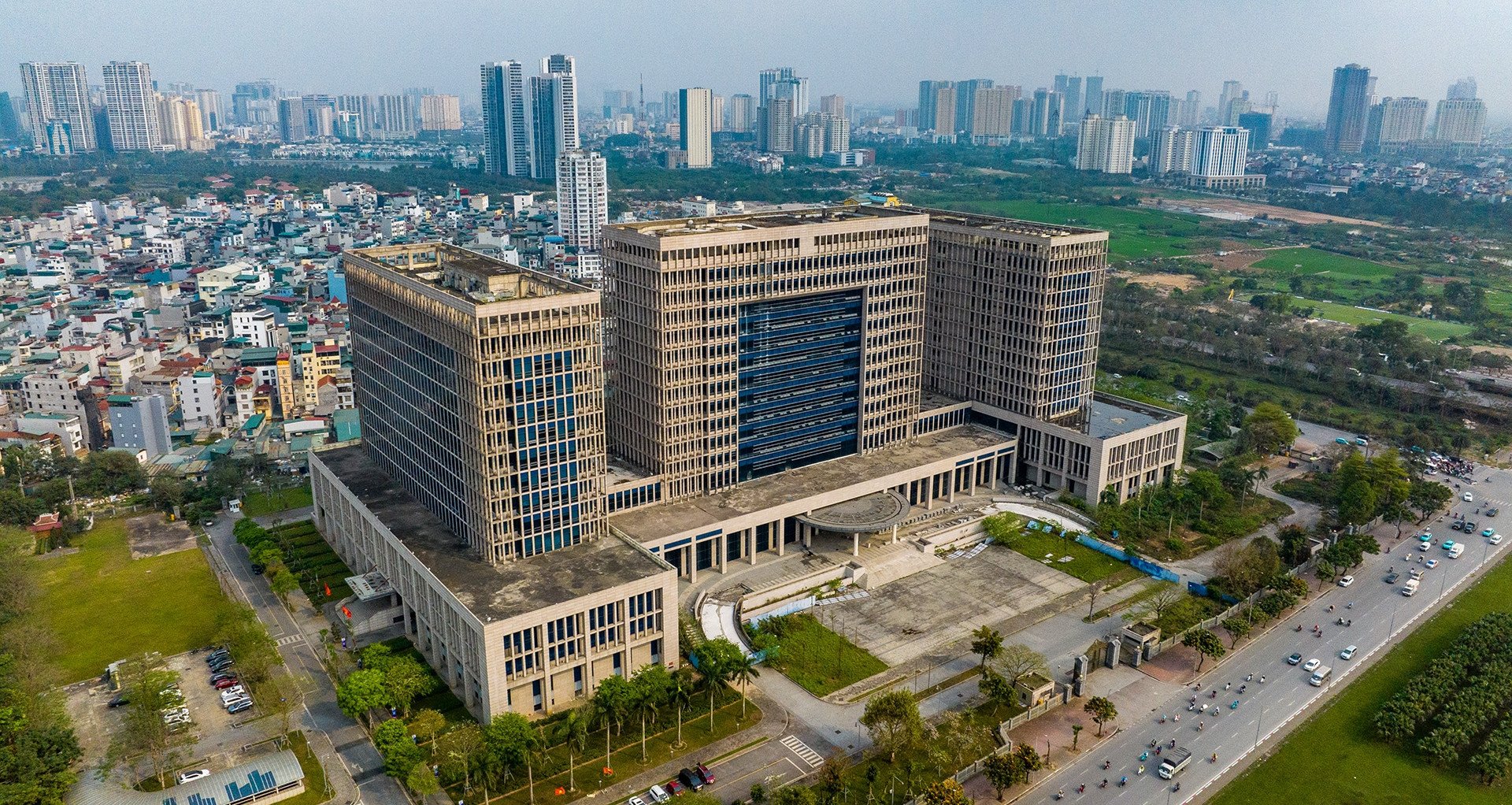



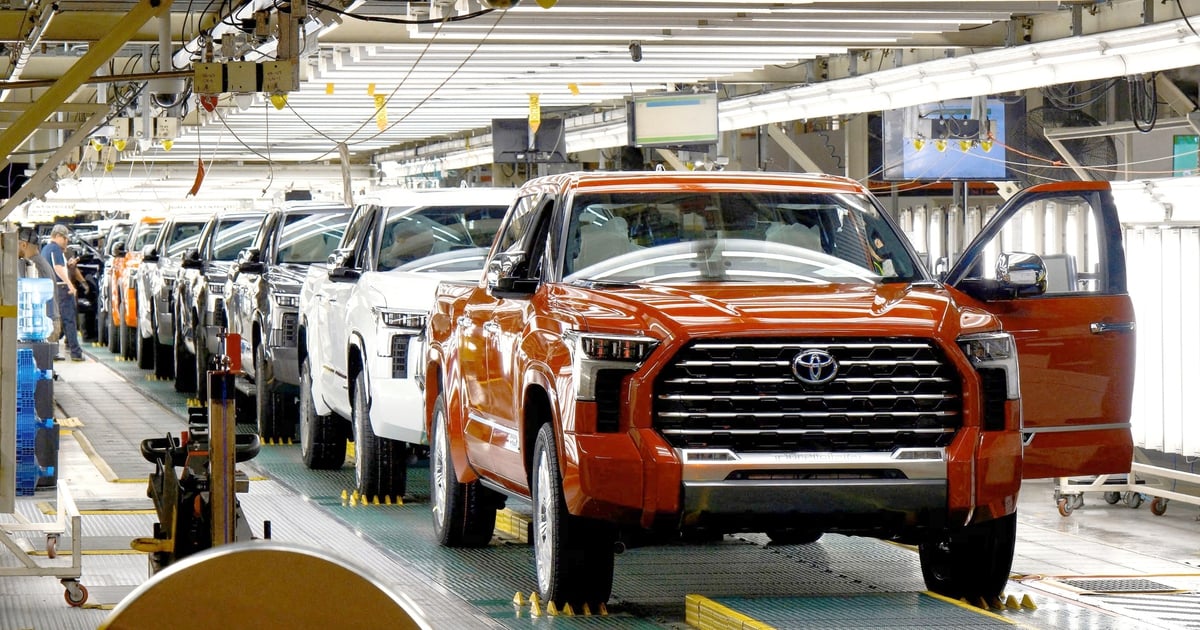

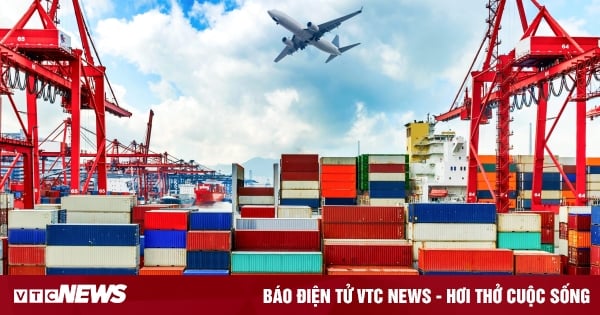
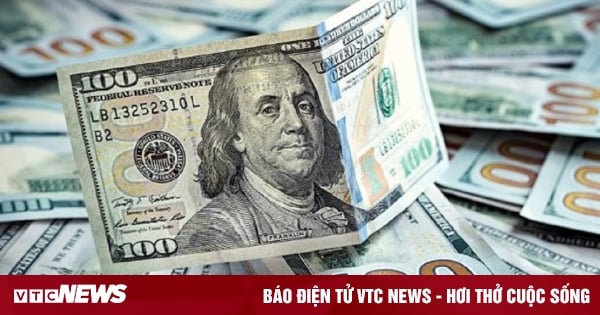
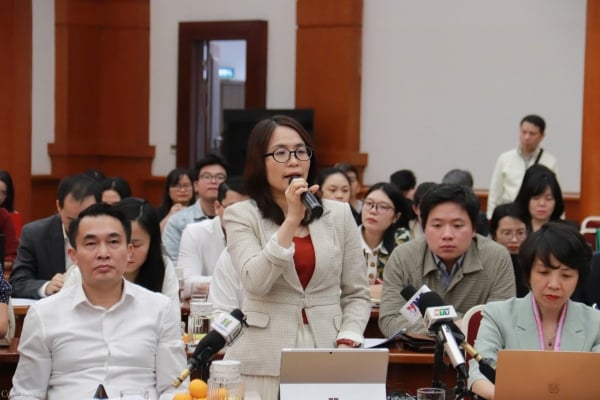
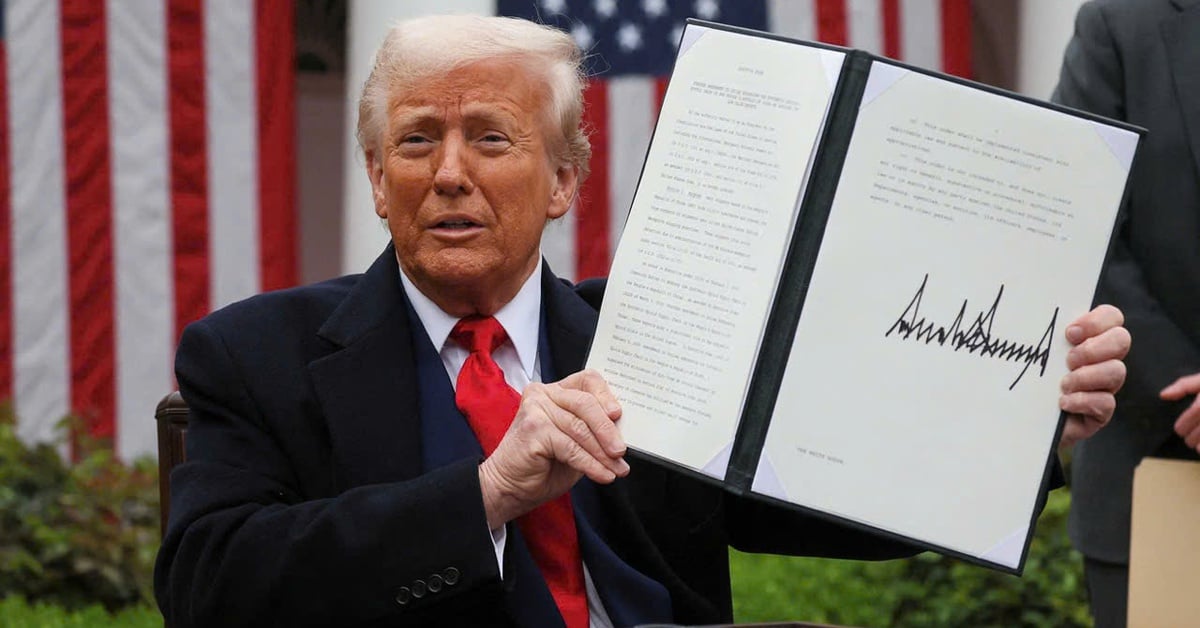









































































Comment (0)